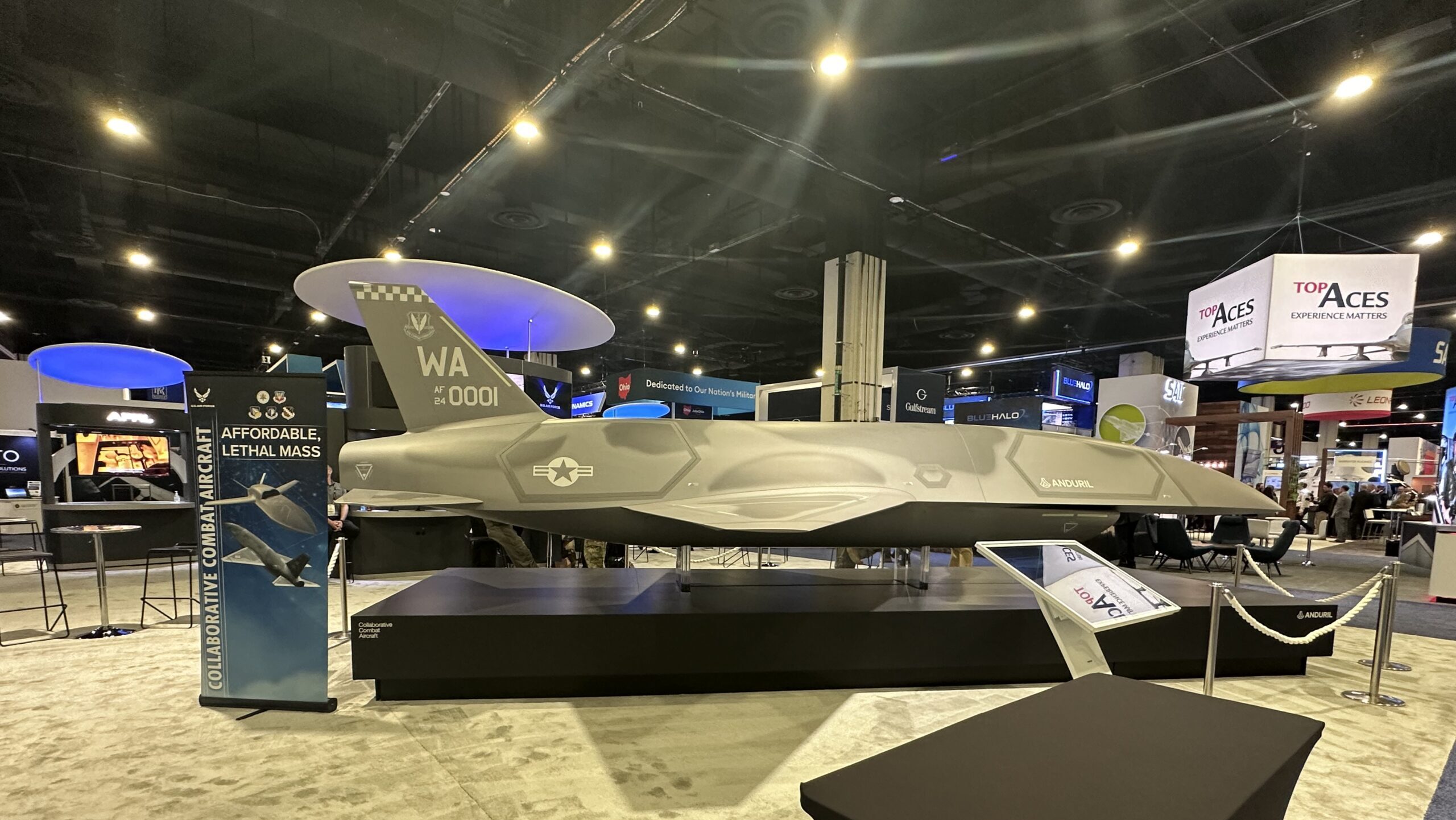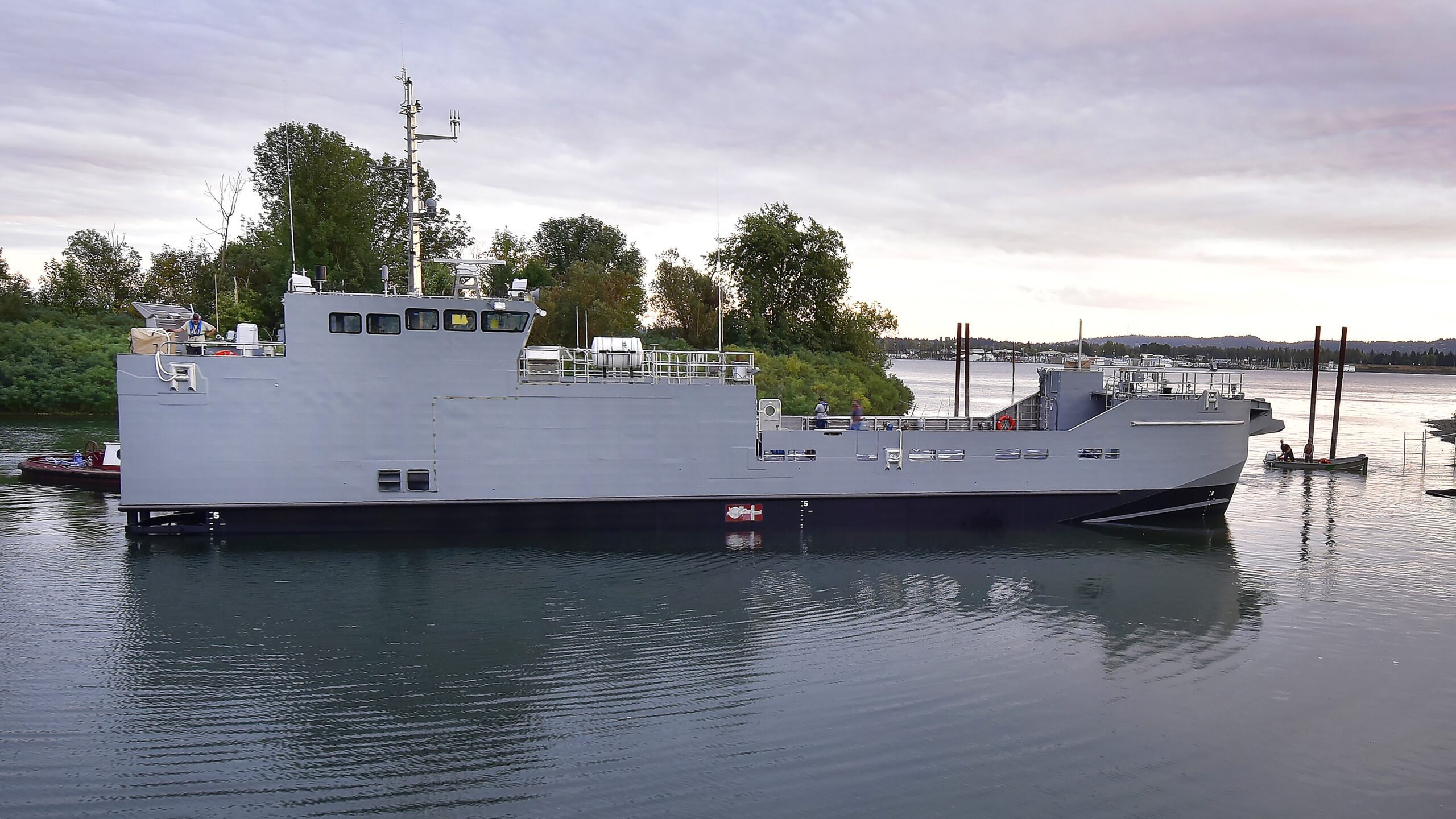At first Paris Air Show visit, Anduril inks new partnership with Rheinmetall on drones, weapons
“Europe’s having a moment right now. And it’s really recognition of the threat, and it’s recognition matched with funding,” said Greg Kausner, Anduril’s senior vice president of global defense.


A full-scale model of Anduril’s Fury drone on display at the Paris Air Show (Valerie Insinna/Breaking Defense)
PARIS AIR SHOW — American defense technology startup Anduril has set its sights on conquering the European market, with the company making its international debut at Paris Air Show this week and announcing a new partnership with German defense firm Rheinmetall.
“We’re seeing this as a tremendous opportunity to really hit the international markets and figure out what relationships, partnerships, so forth, are going to be required to help us grow into these new markets,” Trae Stephens, Anduril’s cofounder and executive chairman, told Breaking Defense in an interview.
The partnership with Rheinmetall, announced today, enables the companies to begin exploring how to jointly develop European versions of Anduril’s Fury drone and Barracuda low-cost cruise missiles using local suppliers, as well as the potential to develop new solid rocket motors for European weapons.
For Anduril, the time is ripe to begin expanding its reach into Europe, executives said. The defense tech firm raised $2.5 billion in its latest funding round, following a banner year where it booked a contract with the US Air Force to build and fly a prototype Collaborative Combat Aircraft based on its Fury drone.
Meanwhile, Europe is seeking to rearm itself as it faces an uncertain level of American support and as the Ukraine war continues to prove that low cost weapons like drones and loitering munitions can have a massive effect on the battlefield, seen in Ukraine’s recent use of more than 100 drones to attack dozens of Russian warplanes.
On the sidelines of the Paris Air Show on Monday, Greg Kausner, Anduril’s senior vice president of global defense, said the majority of meetings scheduled were with potential international buyers, with a particular focus on the European customer.
“Europe’s having a moment right now. And it’s really recognition of the threat, and it’s recognition matched with funding,” Kausner said. “You’re not wholesale replacing all the traditional, manned, exquisite, expensive platforms, but you’re supplementing those platforms, which we know will be very vulnerable in a protracted great power conflict. You’re supplementing those capabilities with echelons of low cost, more attritable, more affordable autonomy.”
Anduril sees three paths to breaking into the international market: by direct sales, by partnering with established domestic players — as in today’s announcement — and by establishing subsidiaries like Anduril UK, where it hires local engineers to develop technology independently of the systems dreamed up in the United States.
“This is almost exactly the conversation we have everywhere we go. It’s basically: … we’re happy to come in and be a new entry to help reenvision defense technology from inside your market. We’re also happy, if you would prefer, given the open architecture of our products, to collaborate with established players,” Kausner said. “And there’s, as you can imagine, there’s strong political views, so we take really a market by market approach.”
Its partnership with Rheinmetall, for example, could provide Germany or other European nations with a venue to buy a derivative of Fury produced locally and built to European requirements instead of buying the YFQ-44A, the derivative of the Fury that Anduril is building for the US Air Force’s CCA program.
“But we still have the hard work to do to get the government end user to buy in, get the customer, make sure the US is supportive of it,” Kausner said.
The company sees opportunities to set up additional subsidiaries inside Europe, but Kausner declined to comment on specific countries.
Another appealing option is setting up future production hubs in international locations. Anduril is currently standing up its first mass production plant, known as Arsenal-1, in Columbus, Ohio. The facility will be capable of building almost all of Anduril’s product lines quickly and at scale, with the ability to flex as needed to accommodate changes in demand.
“And I think that there’s considerations to how we think about production, especially as it pertains to international markets, that could be really interesting,” Stephens said.
While Anduril declined to comment on how much of its revenue comes from international sales, defense primes typically make about 15 to 20 percent of their revenue from the foreign market, mostly done through time consuming government-to-government agreements brokered through the Foreign Military Sales process. “That looks like the floor, not the ceiling” for Anduril, Stephens said, because much of its product line could be sold outside of that process.
“We’re not running big cost-plus programs, generally speaking,” he said. “We’re basically selling things off the shelf, or have the ability to sell things in that way, and we’re also focusing on much lower cost, autonomous, attritable systems.”







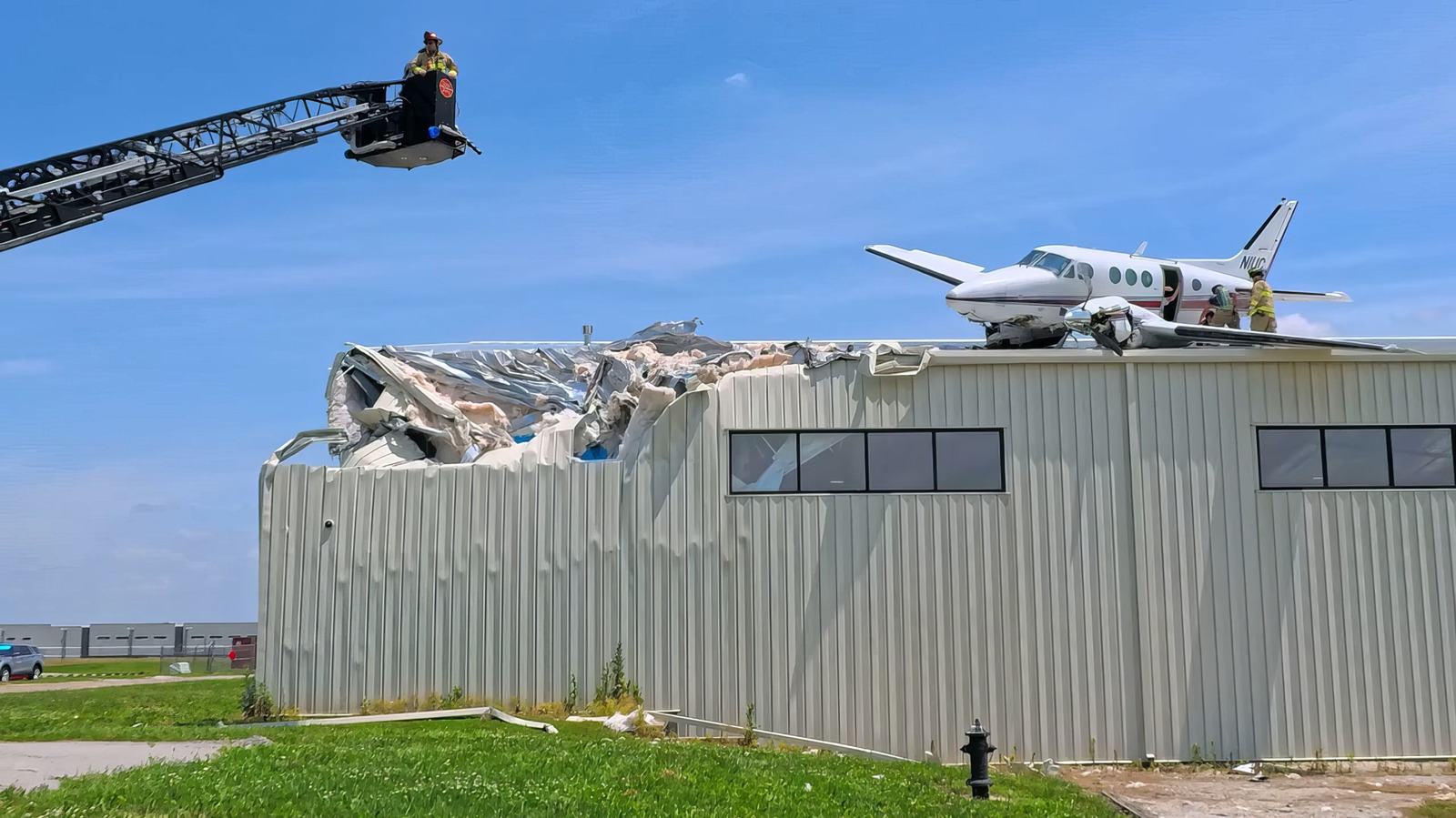
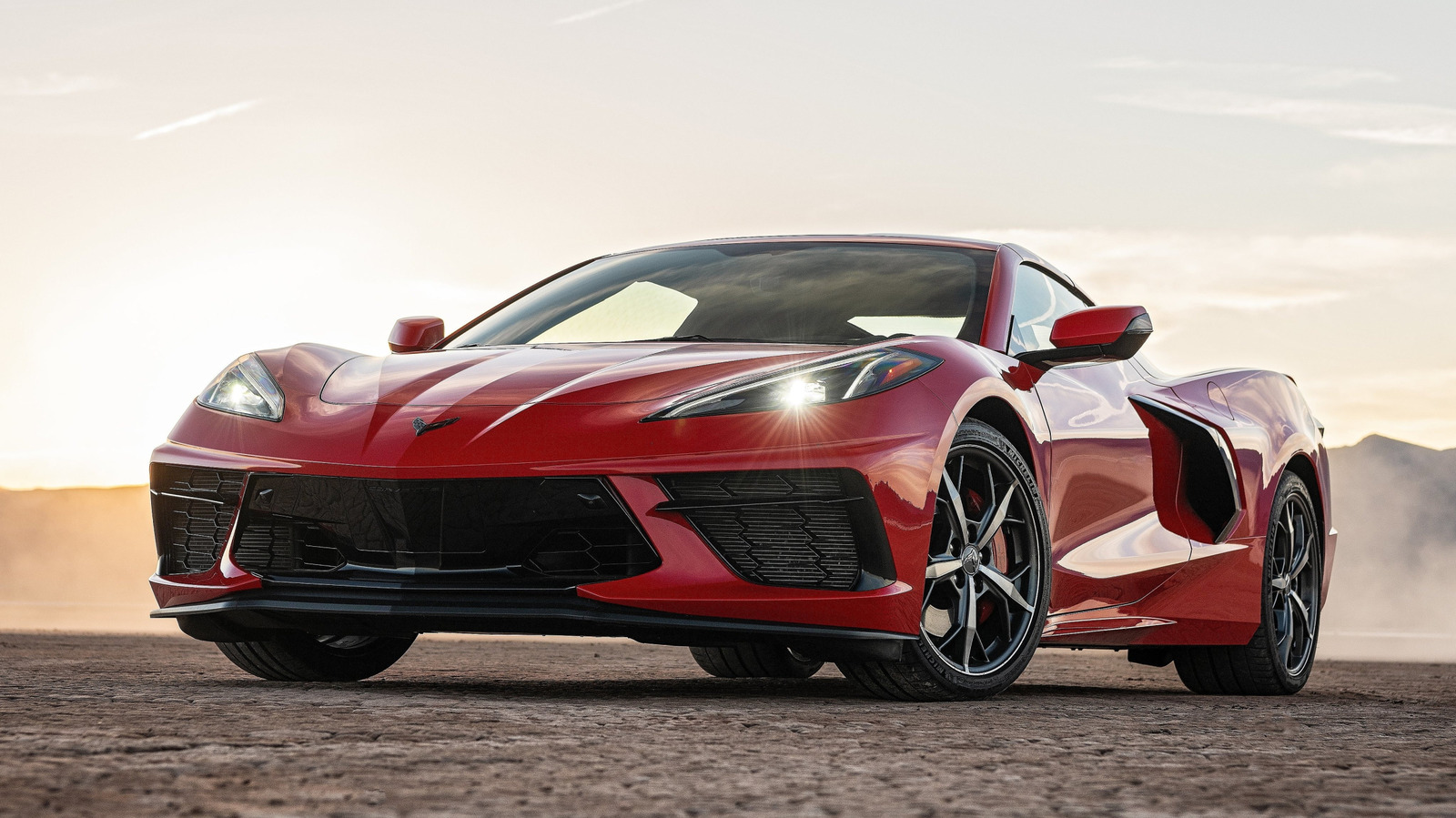

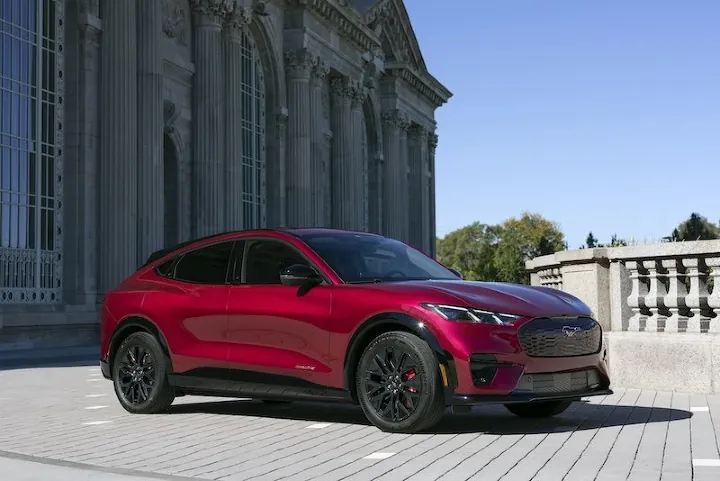
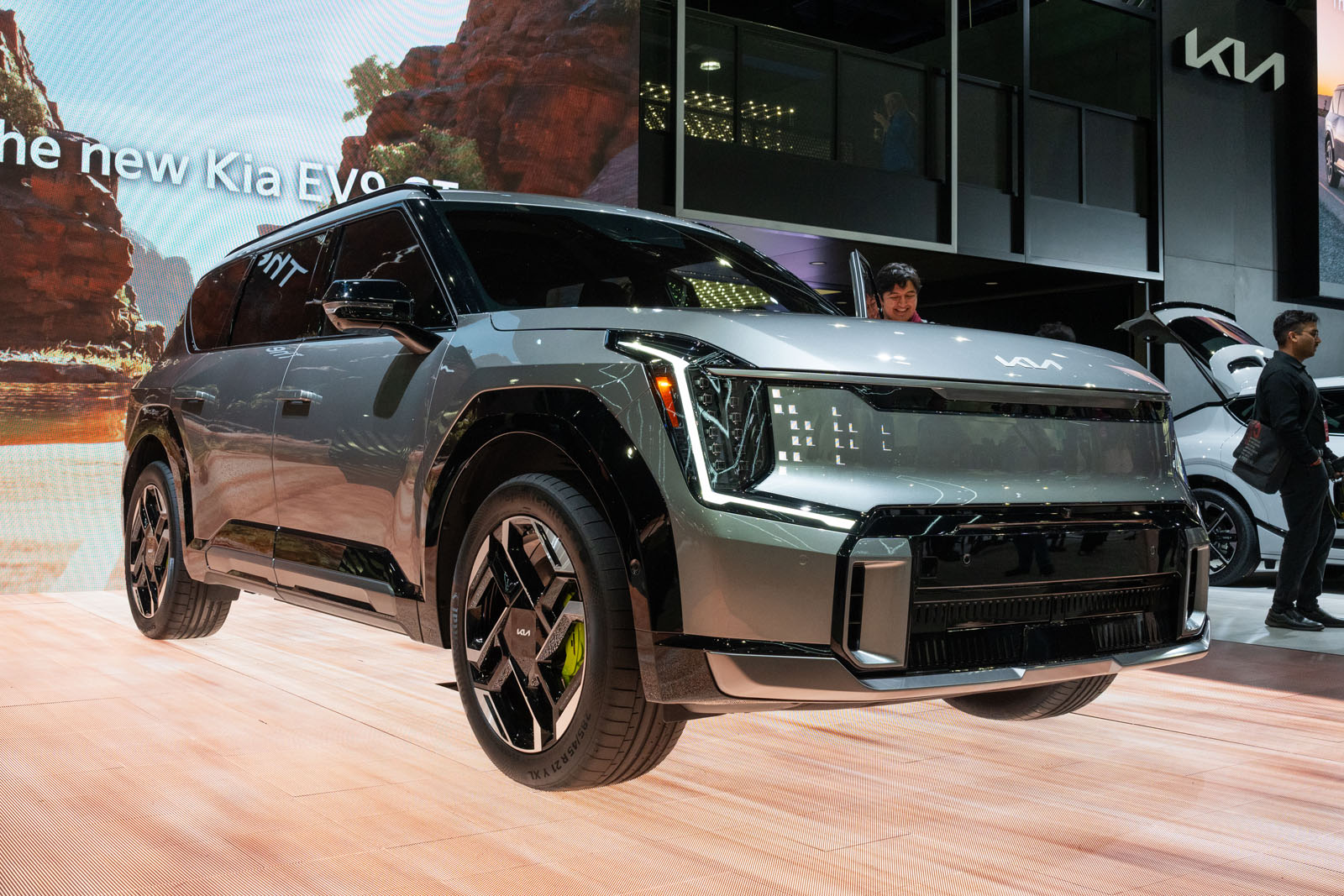
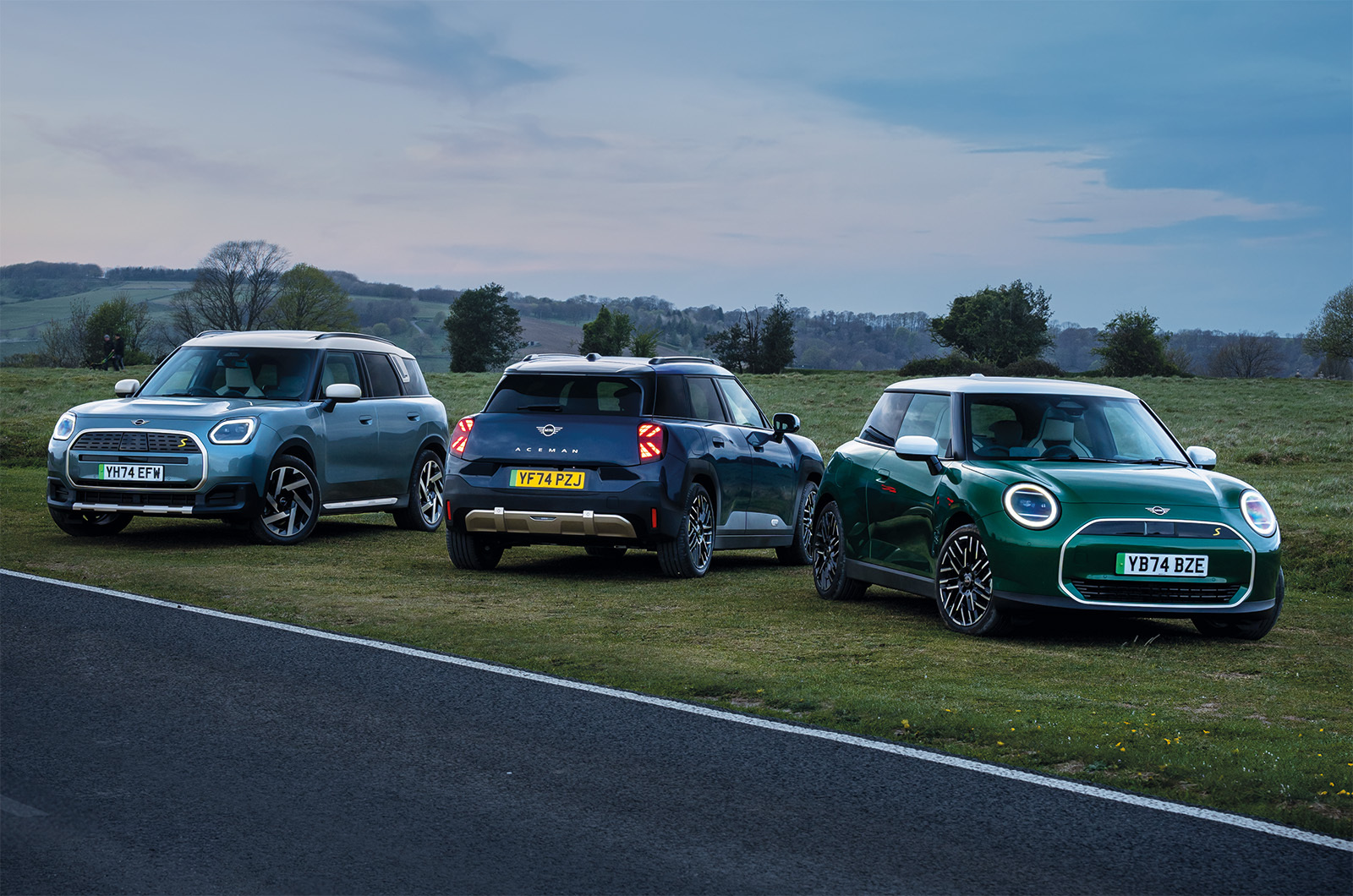













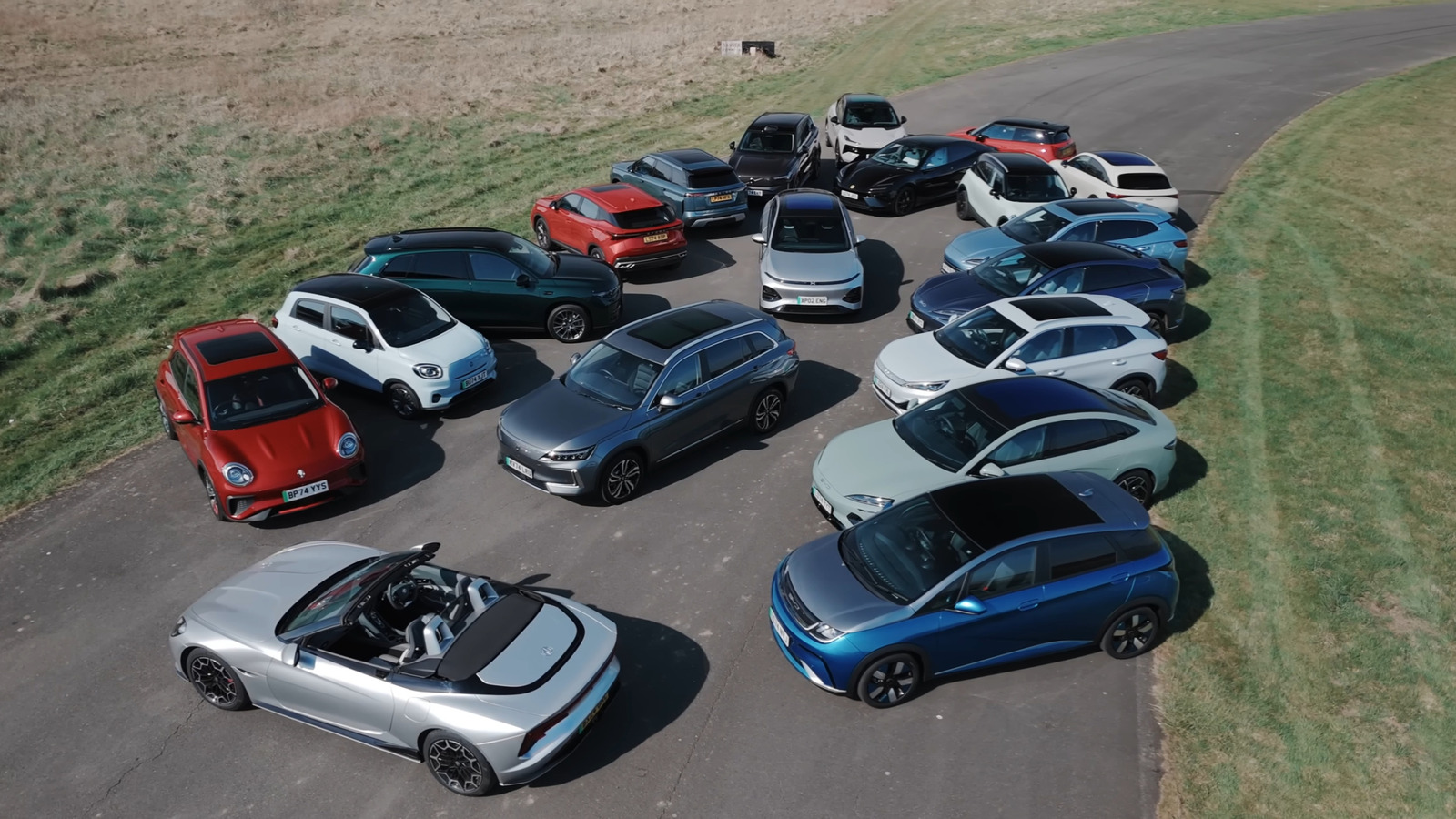
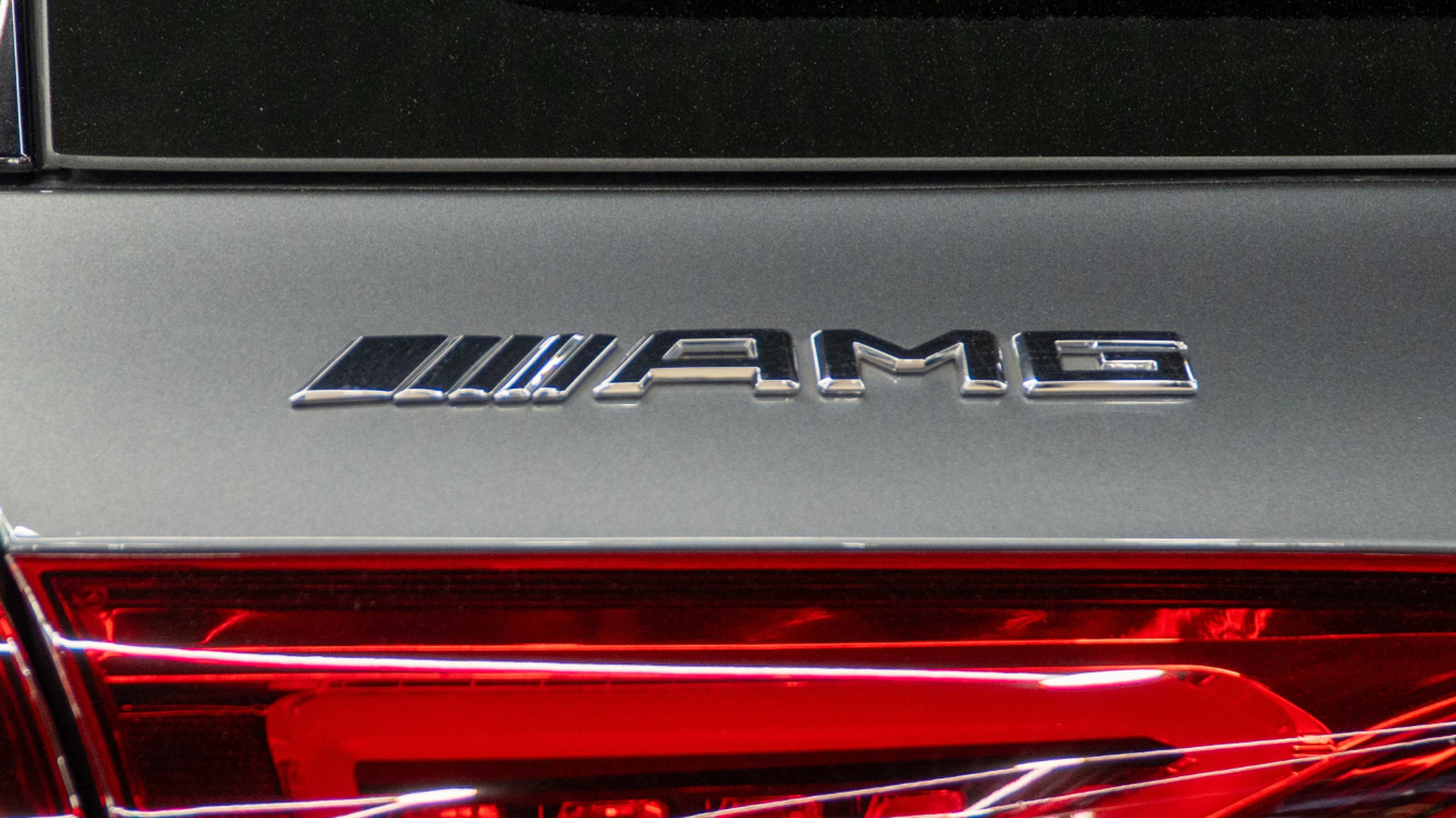






























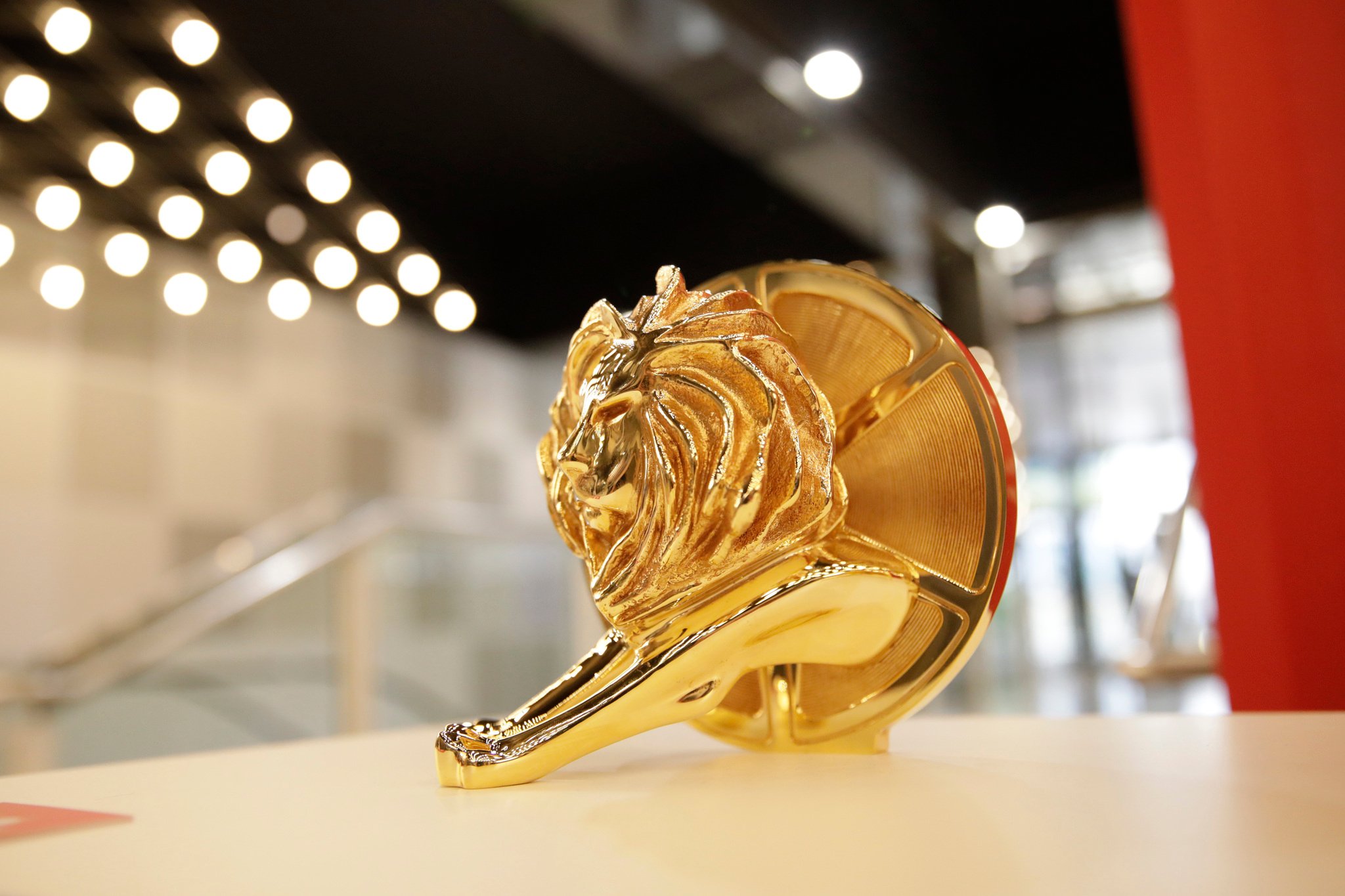

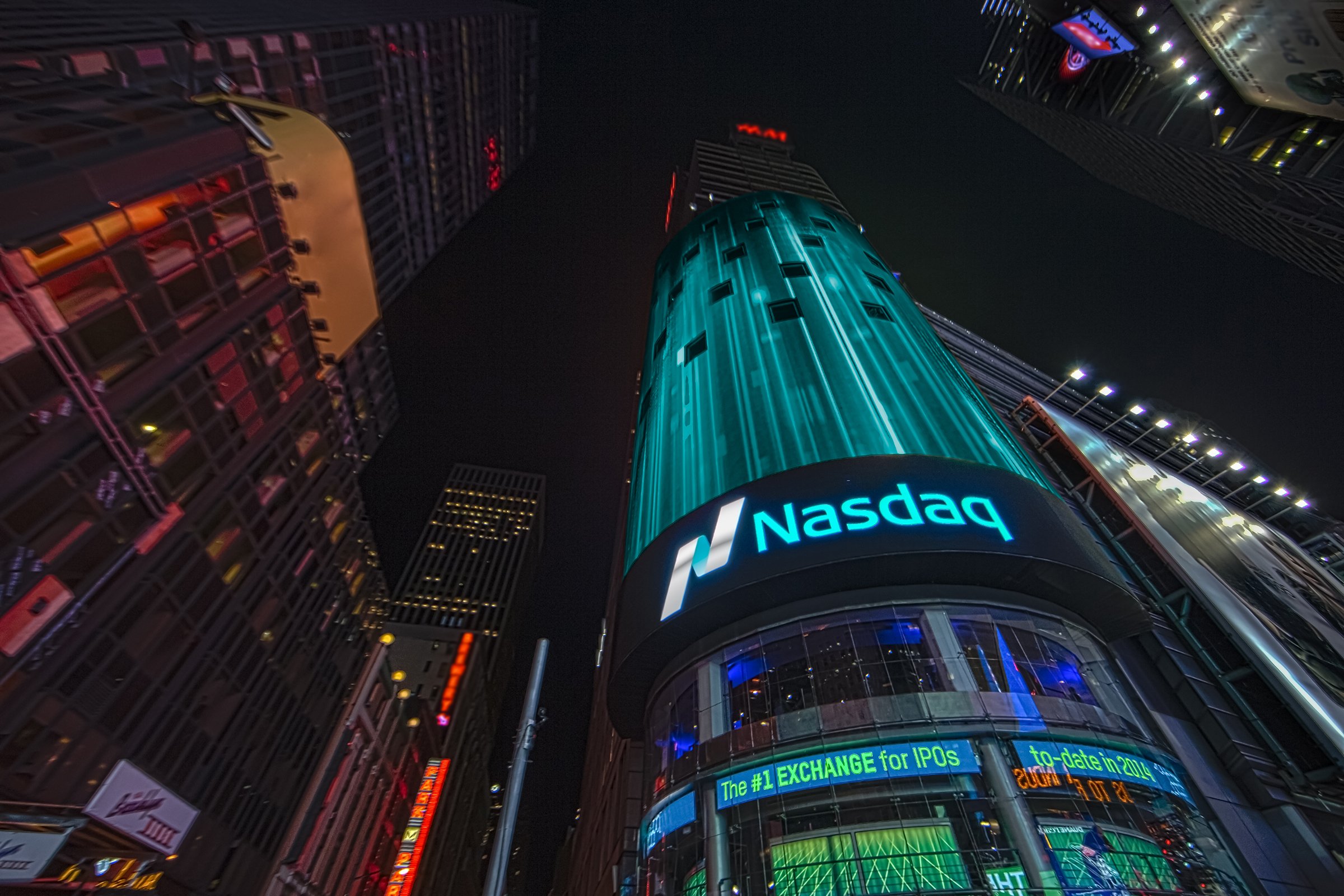



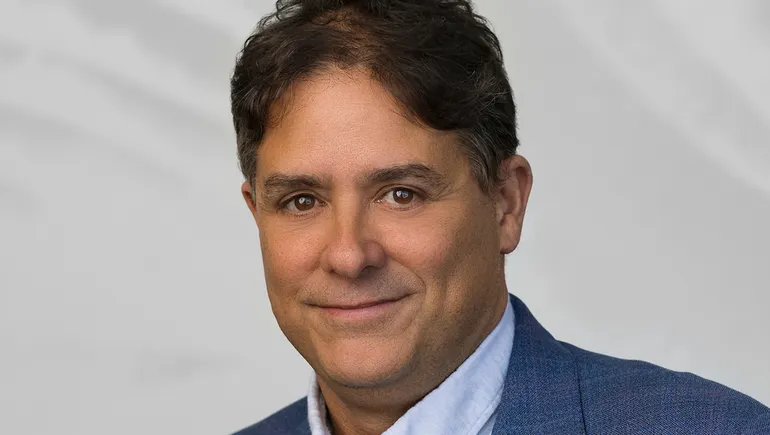















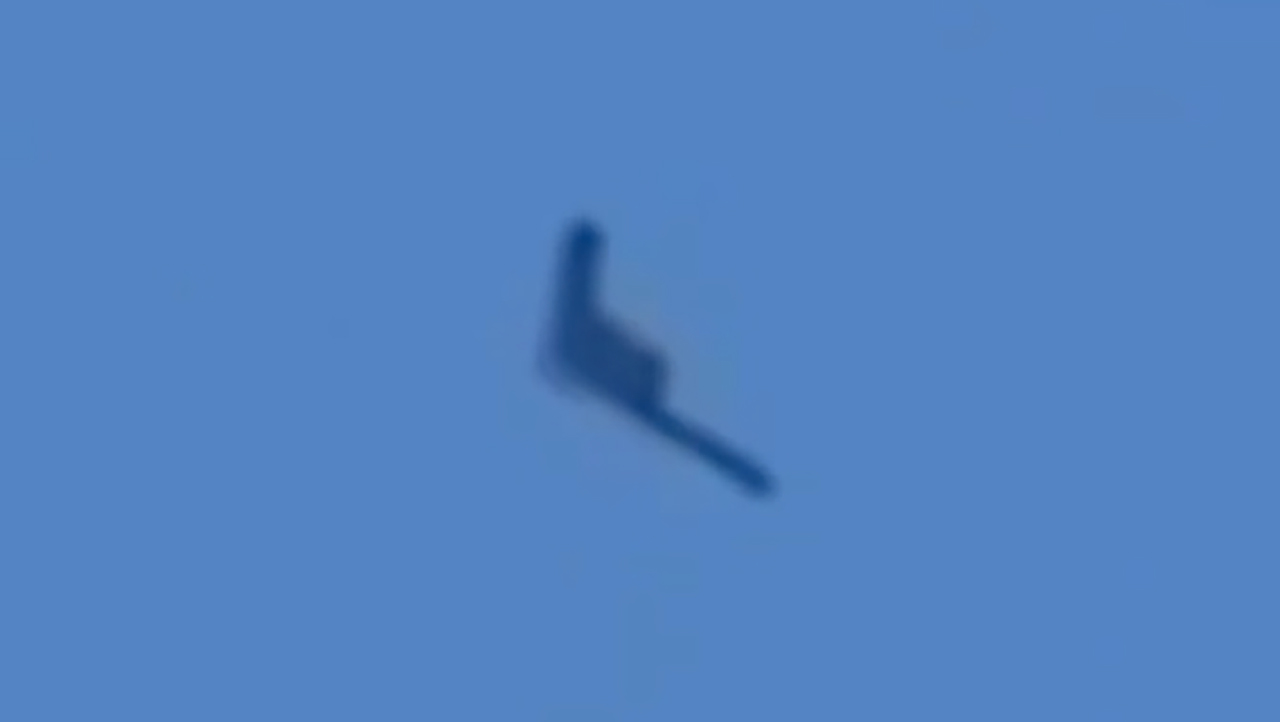
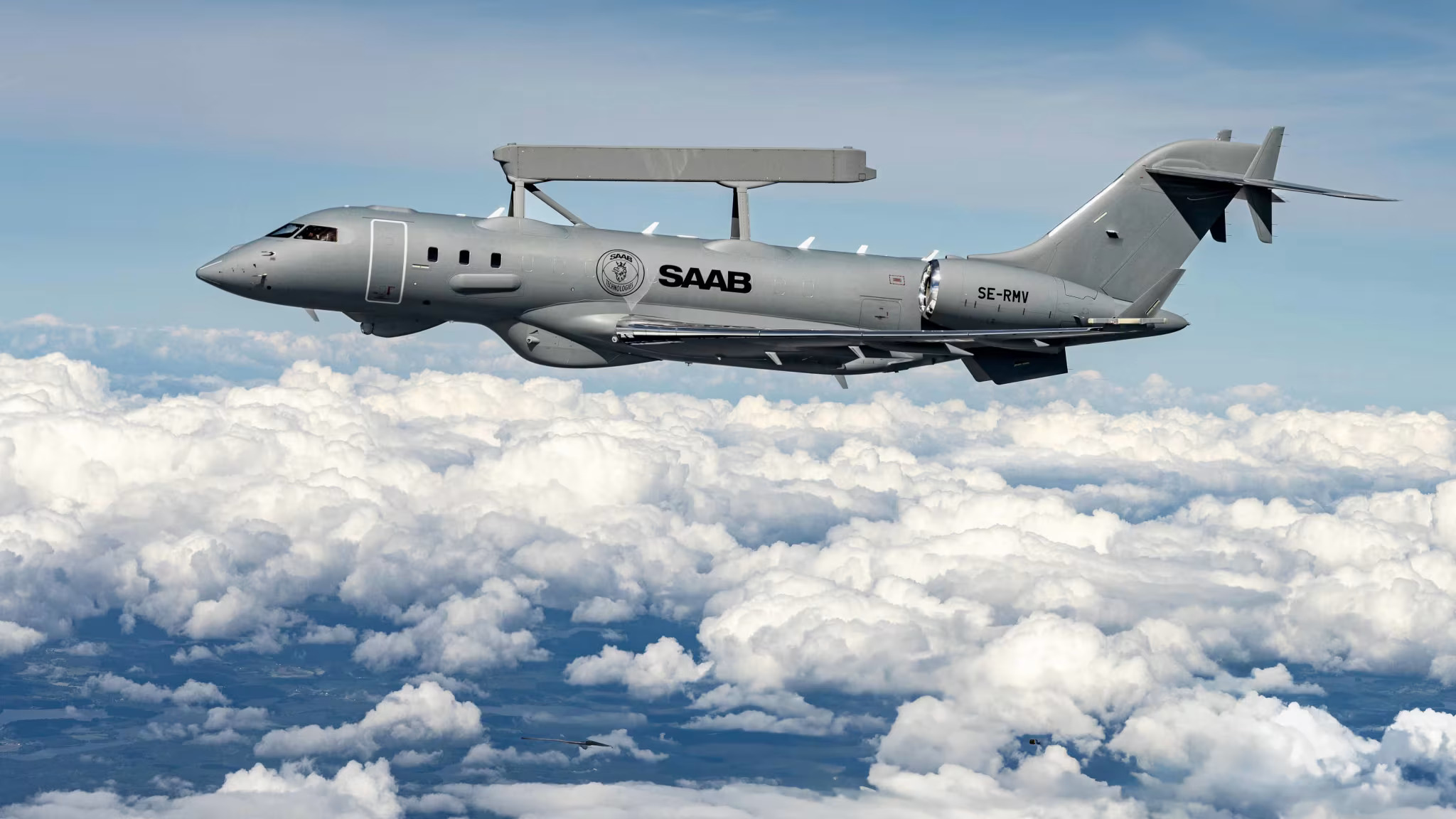
![A look at the jets flying high above the Paris Air Show [PHOTOS]](https://breakingdefense.com/wp-content/uploads/sites/3/2025/06/Rafale_02-scaled-e1750268097167.jpg?#)


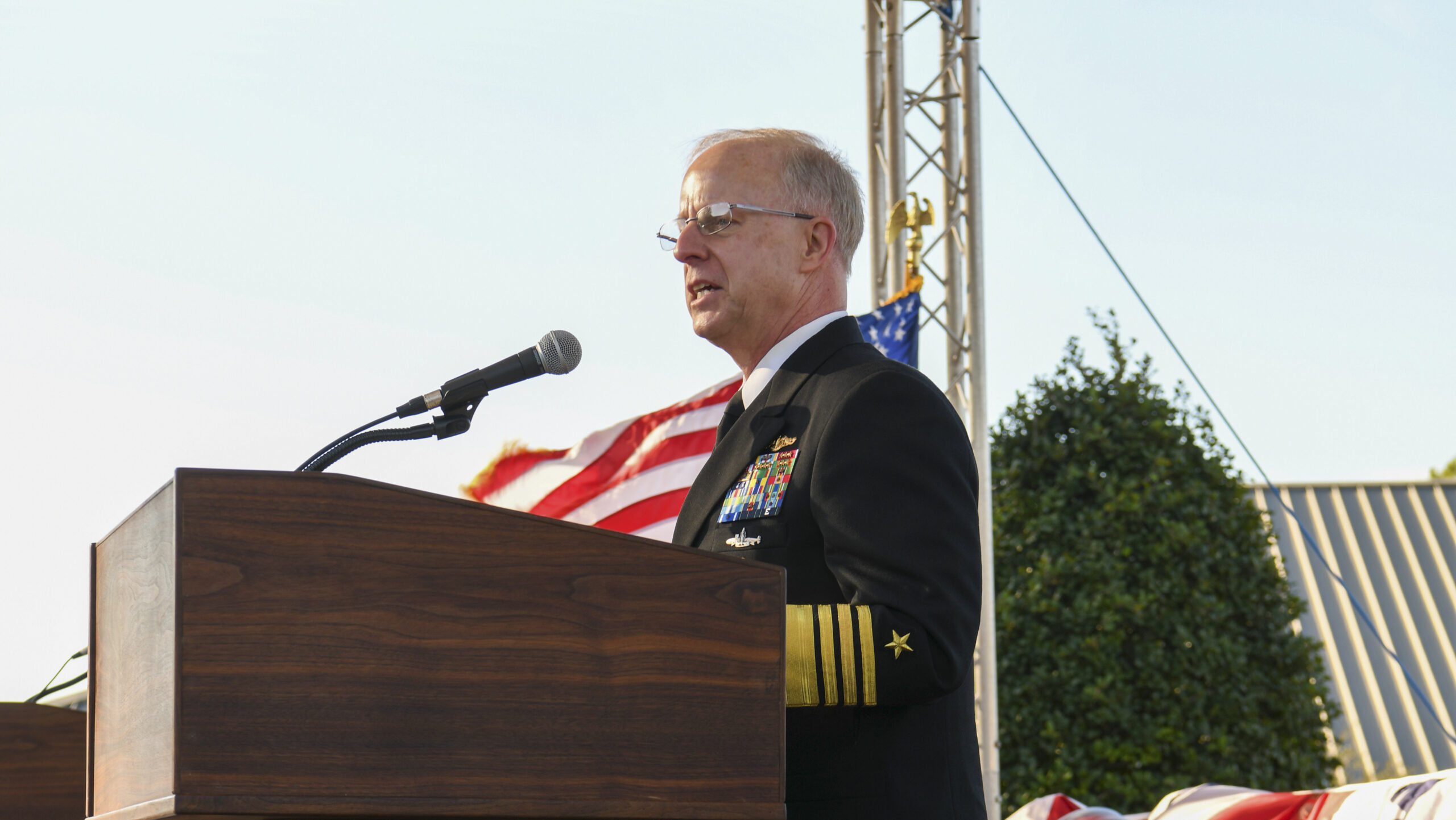












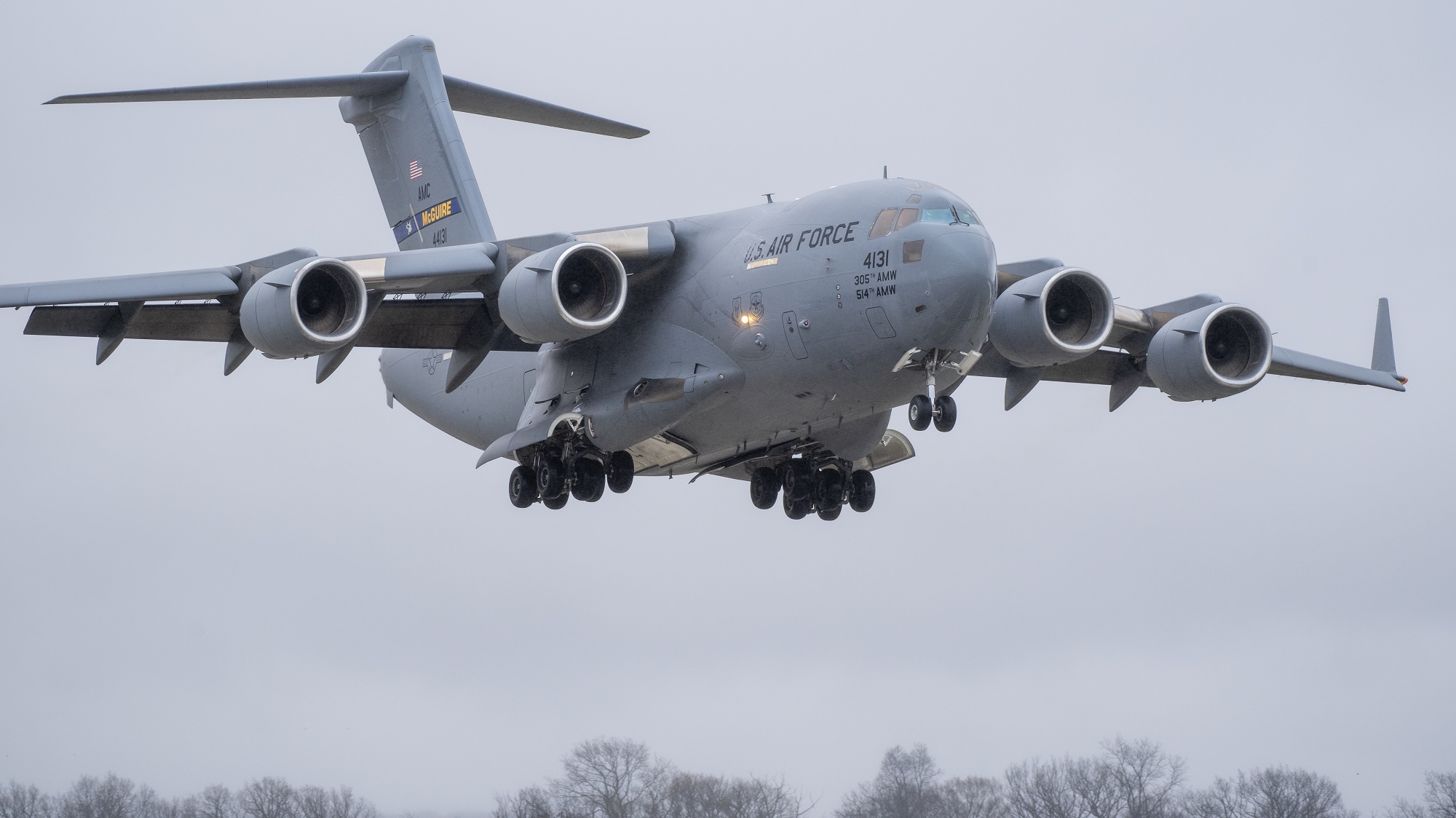
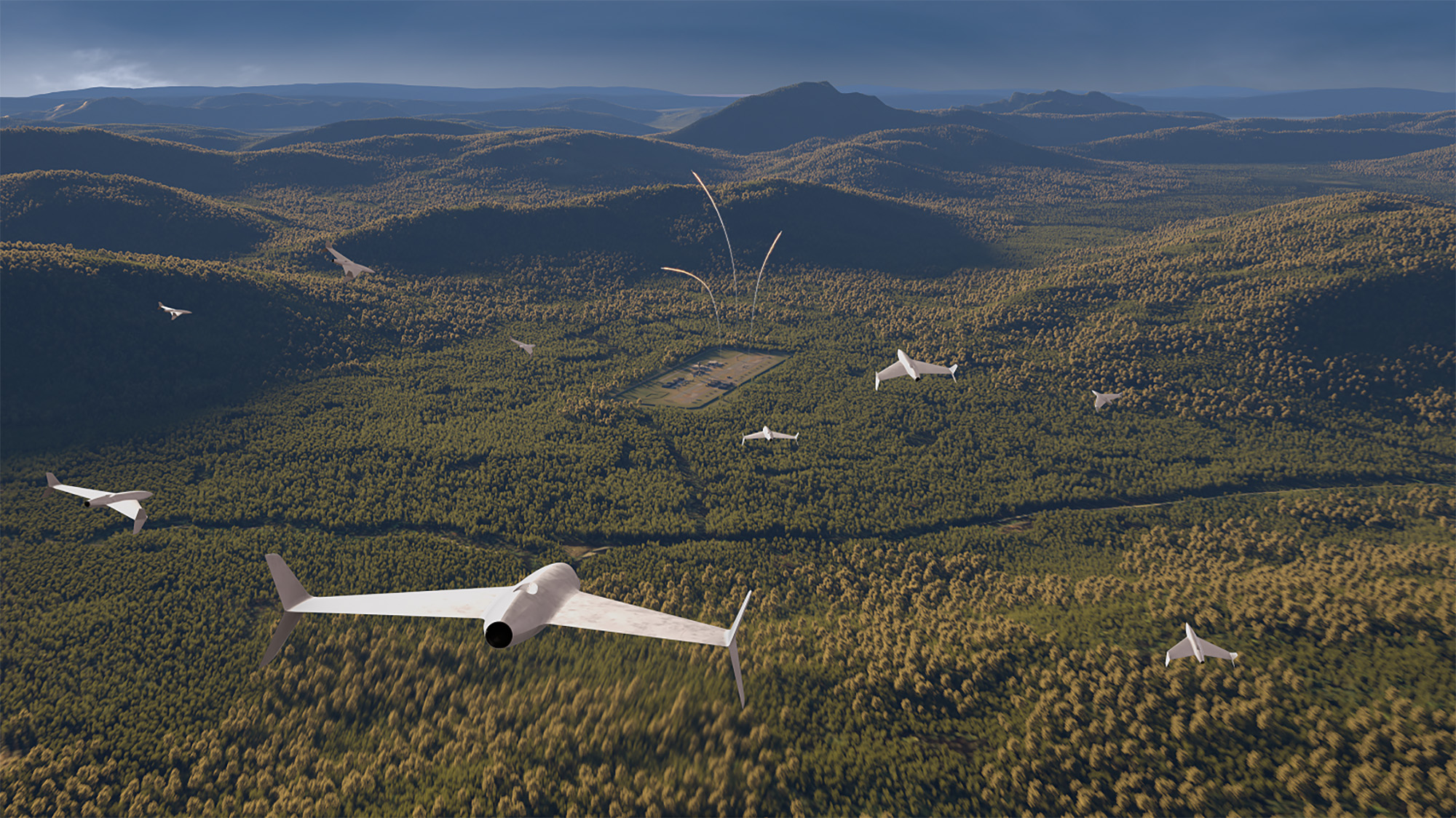




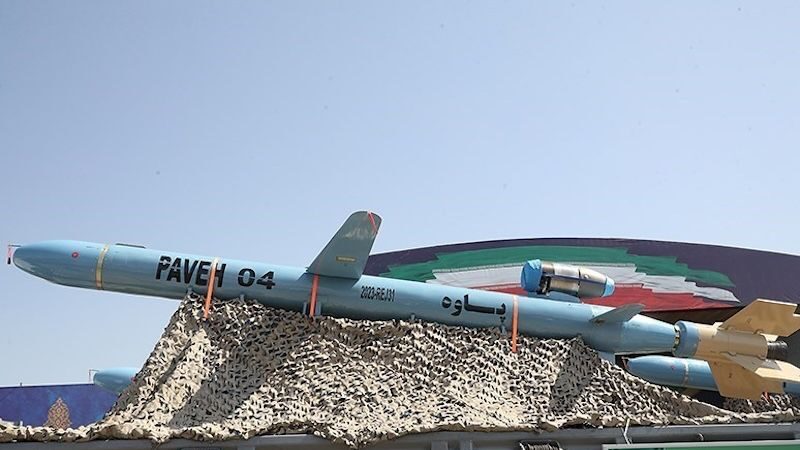
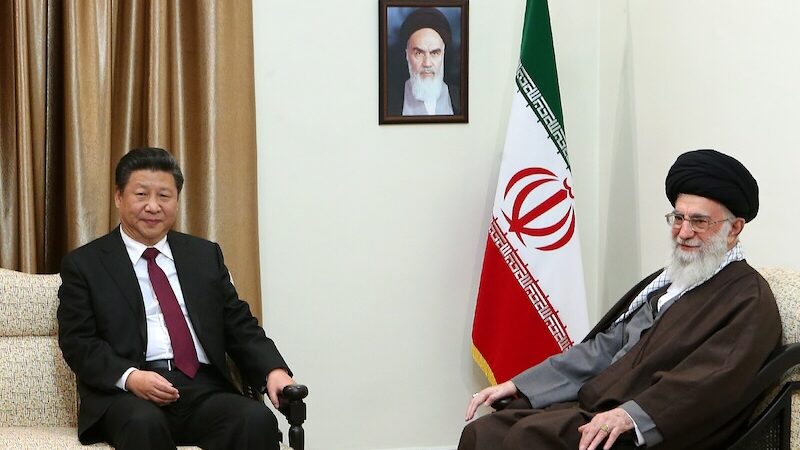
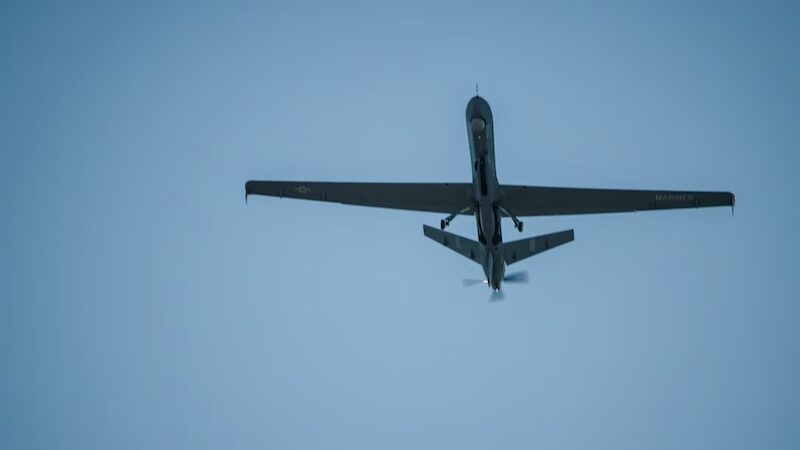
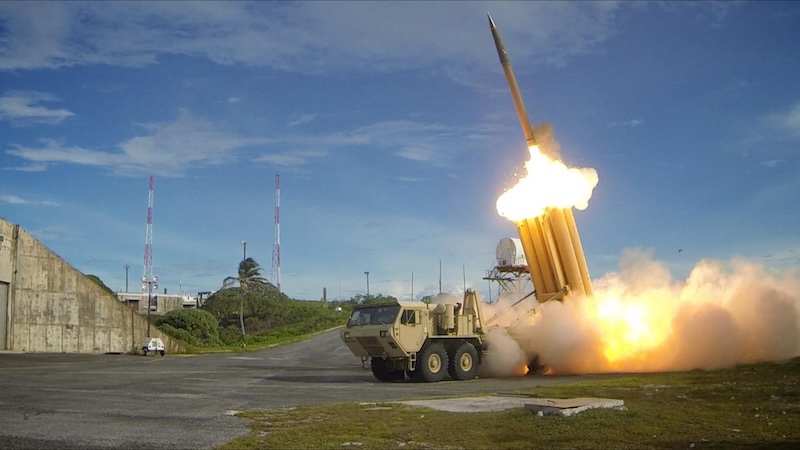




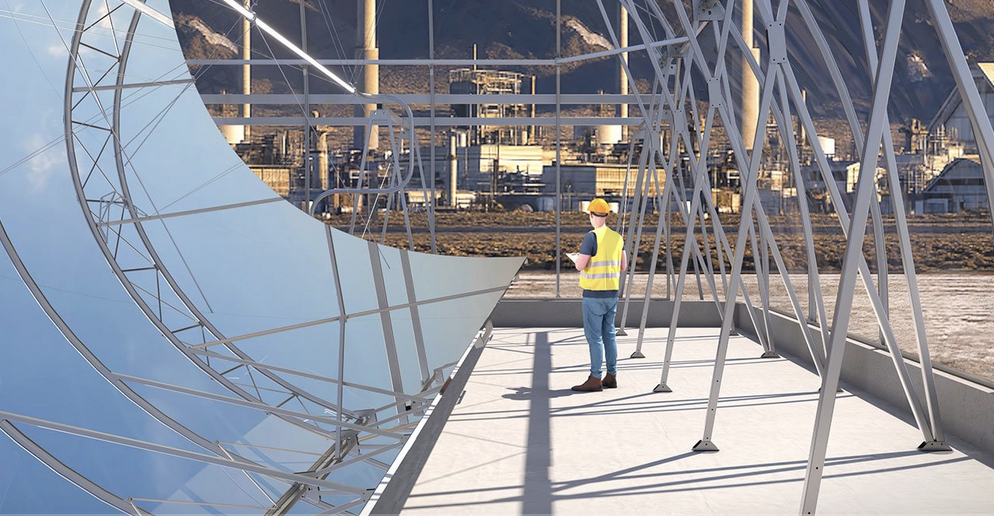




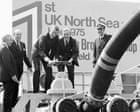




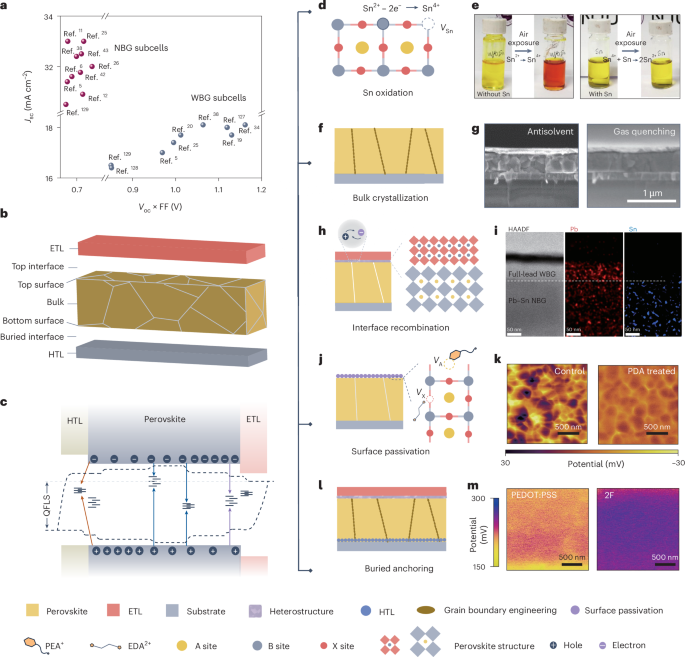





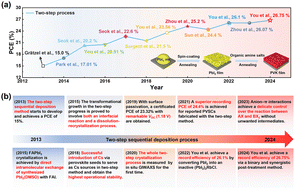
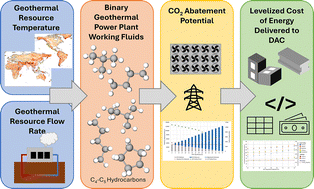


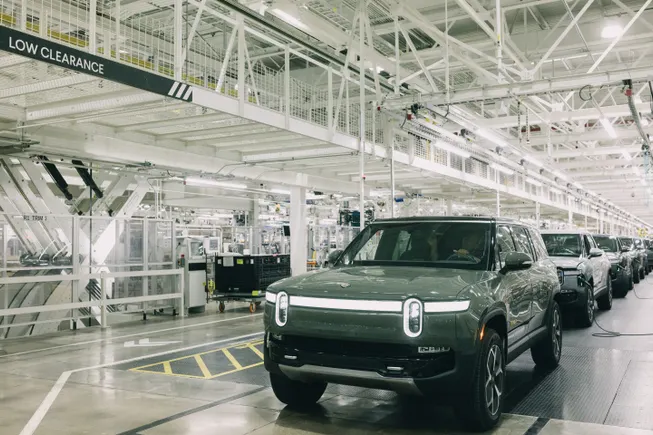

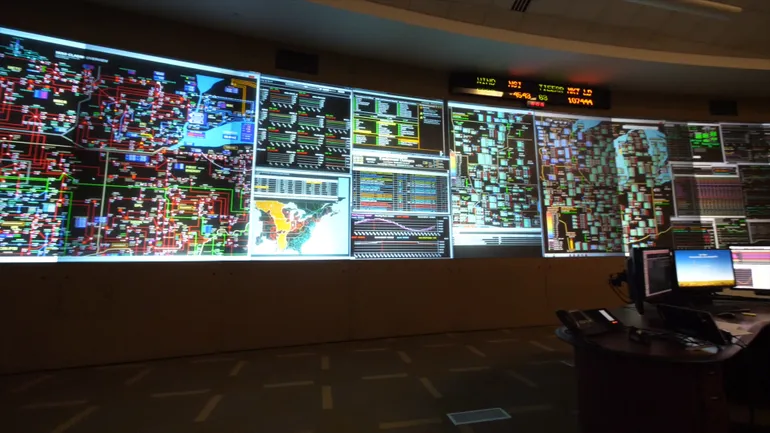

![An FCAS fracas and Embraer’s European embrace: Paris Air Show Day 2 [Video]](https://breakingdefense.com/wp-content/uploads/sites/3/2025/06/IMG_3682-e1750159767304.jpg?#)
